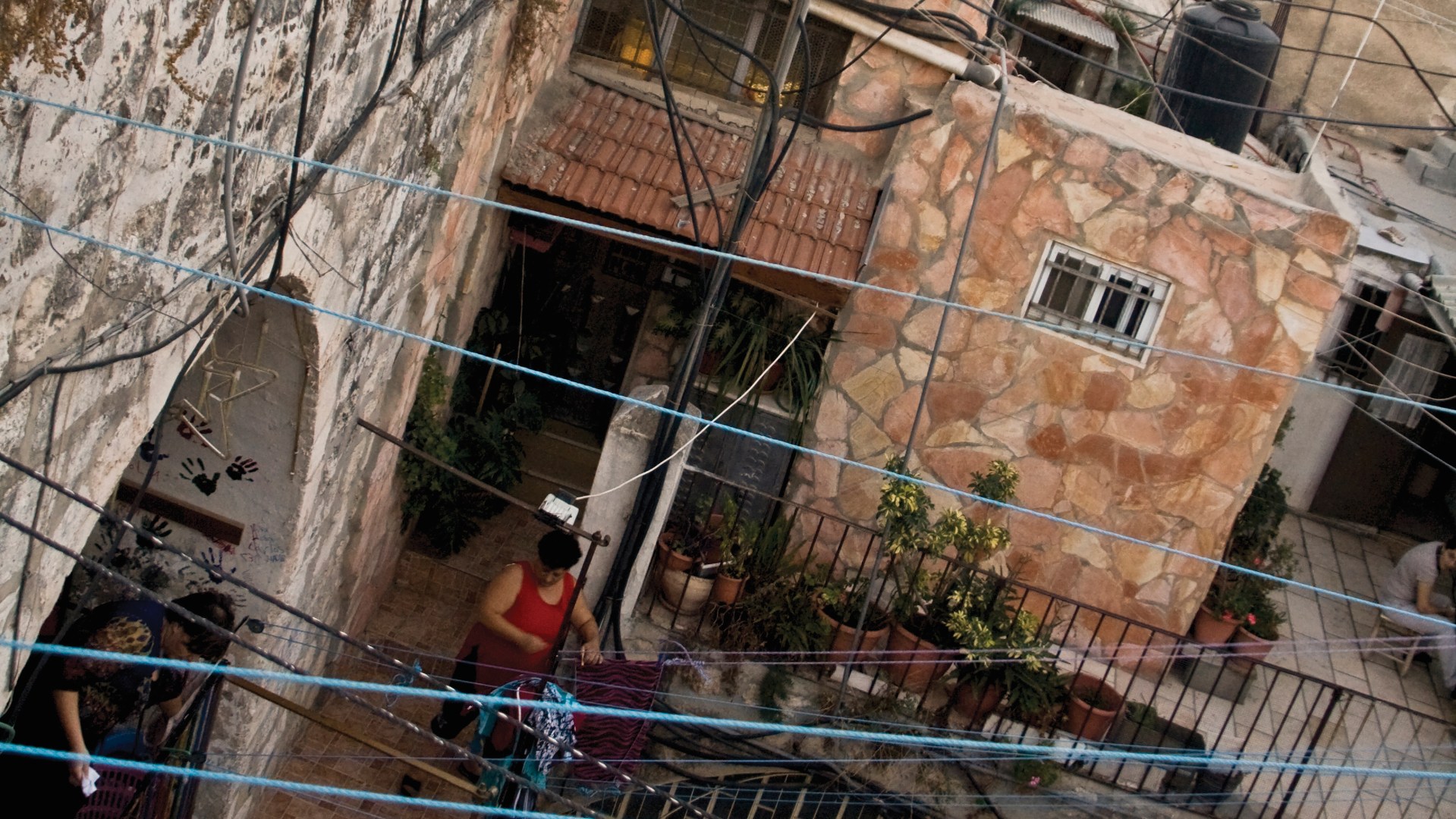In December, the archbishop of Iraq's Syrian Orthodox Church finally called on Christians to emigrate. His statement followed a series of attacks on Iraqi Christians, headlined by an October massacre in Baghdad's Sayidat al-Nejat Church that killed 53 worshipers.
"I say clearly and now—the Christian people should leave their beloved land of our ancestors and escape the premeditated ethnic cleansing," said Archbishop Athanasios Dawood in remarks sent to CNN in November. "This is better than having them killed one by one."
In other Middle Eastern countries, Christians are emigrating mostly to escape economic difficulties. Still, leaders are aggressively pursuing strategies to entice fellow believers to stay.
"All populations are affected by housing and economic problems," said Riad Kassis, Middle East regional director for Overseas Council International.
"Non-Christians get substantial support from Islamic countries. Christians can hardly get anything for this purpose."
A special Middle East synod convened in October by Pope Benedict XVI identified the same problem, concluding that the region's Christians are badly in need of "safe and affordable housing."
The largest housing project for Christians in Jerusalem is "Jerusalem: Stones of Memory," financed by the Franciscan Brothers. Established in 2002, it provides about 800 units between Jerusalem and neighboring Bethlehem, and supplements the work of the Greek Orthodox Church, which runs 10 subsidized apartment buildings near Bethlehem that house 64 families.
Security walls erected by the Israeli government, however, have curtailed economic opportunities for many residents, leading an increasing number to emigrate.
"It is not a terrible situation, but it is not easy to live here. The financial support of Israelis [Jews] and Muslims from around the world has driven up the cost of living," said Thomas Saltaii of Pro Terra Sancta, the Franciscans' lay arm that administers the housing project. "Their worldwide community feels a link to the Holy Land. We need to make Christians around the world aware that we also have a big reason to stay here."
The Lutheran World Federation launched a similar project in 2010. It plans to construct 84 housing units on the Mount of Olives at the price of nearly $8.5 million. Once complete, the homes will be leased to Christian couples and families at subsidized rates, allowing them to maintain Jerusalemite rights to employment, travel, health care, and pensions.
The Franciscans are also constructing an eight-story building near Beirut that will provide about 80 units for Christian families. Like the project in Jerusalem, it will supplement a nearby Greek Orthodox Church project that hosts hundreds of Christians.
"Financial instability is the crisis facing the Christian community in Lebanon," said a Beirut evangelical pastor who asked to remain anonymous. "Lebanese are losing hope of aspiring to a prosperous future in their homeland."
Though the projects are funded by specific denominations, Christian communities in the region are bonding over their shared adversity.
As George Al-Kopti, an Anglican priest in the Diocese of Jerusalem and the Middle East, said, "Helping Christians to stay in the Middle East is a great matter and one of the main challenges all the churches face."
Copyright © 2011 Christianity Today. Click for reprint information.
Related Elsewhere:
CT also posted a story on fatal attacks on Christians in Iraq.
Previous stories related to Iraq and persecution include:
The United States Needs an Ambassador for Religious Freedom Now | The Obama administration must send a clear signal to Egypt and the Middle East that they must embrace religious freedom in full. (February 8, 2011)
Recovering Church History: Exile from Babylon | The Iraqi Christian community, now nearly gone, was the church's center for a millennium. (December 31, 2008)
Sins and Sorrows Grow in Mosul | For Iraq's Christians, a fearful Christmas amid shootings and a worsening humanitarian crisis. (December 15, 2008)










